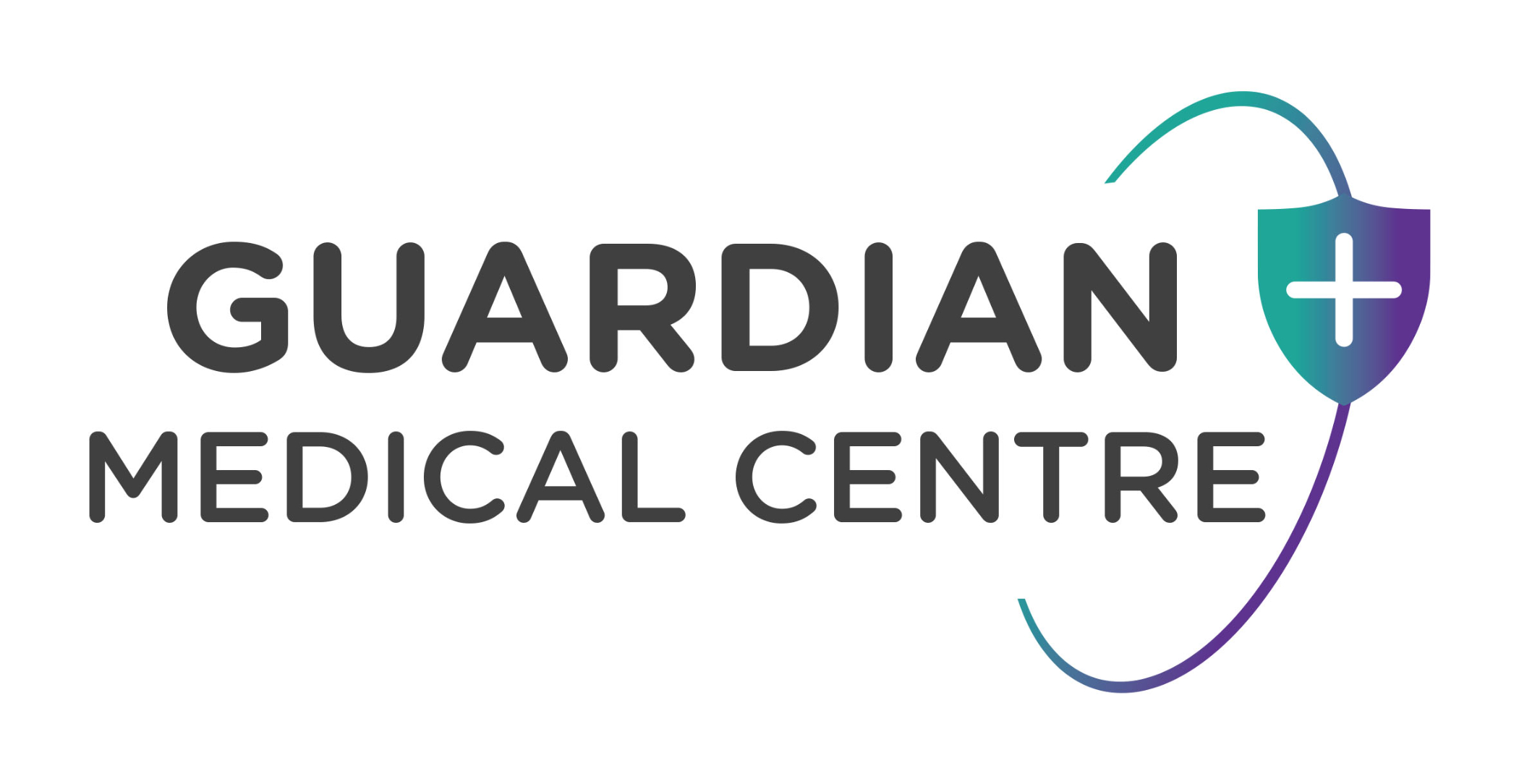A significant number of appointments per week are classified as ‘Did Not Attend’ (DNA). A failure to attend an appointment or "DNA" means that the patient does not attend for the appointment and does not contact the medical centre in advance to cancel it, or where the cancellation is so late as to make it impossible to allocate that time to another patient who needs care or treatment.
-
If a patient fails to attend a Practice appointment on one occasion, an informal text or letter will be sent to the patient. This text or letter will be sent by our secretarial team who monitor the failure to attend appointments.
-
If a patient fails to attend a second appointment within a 12 month period, a formal warning letter will be sent to the patient, reminding them that should they miss another appointment, they risk being removed from the medical centre list.
-
If the patient fails to attend three appointments within any 12 month rolling period, the patient details will be brought to the GP Partners attention by the Practice Manager. The GP Partners will make a decision as to whether the patient should be removed from the list. If the decision is made to remove the patient from the registered list, the Practice Manager will write to the patient explaining the decision and advising them to register with an alternative Practice.
Warning letters are only valid for a period of 12 months. Removals based on a warning greater than 12 months old will be invalid. In such a scenario, only the DNA appointments within a 12 month period may be reviewed to determine which stage of the Policy should be applied.
DNA’s have the following impacts on our patients and the medical centre:
- An increase in the waiting time for appointments
- A potential risk to the health of the patient
- Frustration for both staff and patients
- Reduced number of appointments
- A waste of NHS resources in term of time and cost
Guardian Medical Centre takes the following actions to help reduce the number of failure to attend appointments.
Appointment reminders
-
Remind patients what the Practices Policy is for DNAs and follow this in a consistent manner.
-
Send a text message when appointments are booked or offer to print or write down appointment details for patients who make an appointment face to face at the reception desk.
-
For appointments made over the telephone, test message confirmations will be sent when the appointment is booked. Staff may also suggest that patients’ record/document the date and time in a way that can be easily accessed – in a diary, on a calendar or for the more technically minded on a mobile phone.
-
Staff may clarify understanding with patients at the time of making the appointment if they have difficulting hearing or communicating.
Educate patients
-
Publish DNA on the surgery website in relation to the number or proportion of patients who do and do not keep their appointment, with encouragement to cancel unwanted appointments.
-
Make cancelling appointments easy
-
Use a dedicated phone number for cancellations - (01925) 650226 (option 2)
-
Enable cancellation functionality for patients who book appointments online.
Reduce ‘just in case’ booking
-
Create an appointment system which is straightforward and responsive, giving patient’s confidence that appointments are there when needed. This will help to reduce patients booking appointments a long way in advance.
